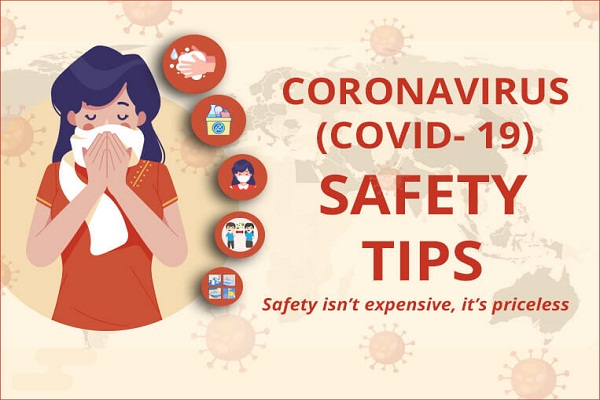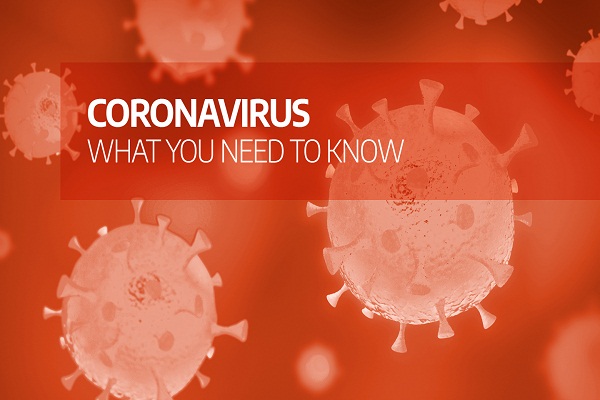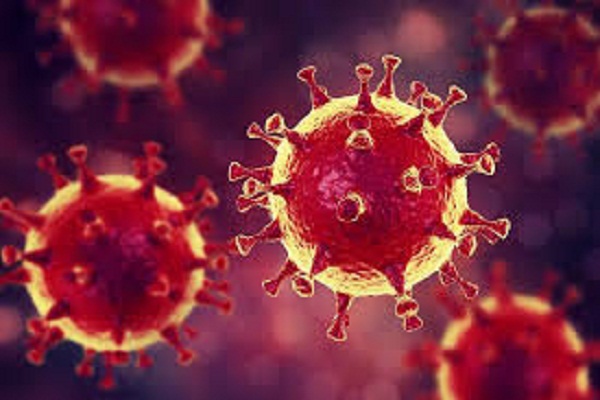

Breastfeeding is a precious gift to new mothers, but, for first time mothers, it is always a big challenge as they grapple to understand how, when and how much to feed a baby. Also, dealing with passed-down knowledge and myths versus, the realities of their modern lifestyle become a constant tussle for new mothers. Hence, it is important to demystify breastfeeding for women.

But before that, lets understand the benefits of breastfeeding for the baby:
- Breast milk boosts immunity: Colostrum “ breast milk produced after delivery “ is the perfect first food for your baby as it is similar to receiving first vaccination since it is filled with antibodies and immunoglobulin A (IgA). Colostrum is rich in protective white cells called leukocytes which defend against microbes.
- Breast milk contains high balance of carbohydrate, proteins, fats, vitamins and minerals that is easier to digest and absorb by a baby. Breast milk also ensures lesser chances of diabetes in children, by as much as 35% and reduces risk of childhood cancers and heart disease later in life.
- The chances of infections like diarrhoea, cholera are higher in bottle-fed babies as compared to breast-fed ones.
Breastfeeding also contributes to the health and well-being of the mother:
- It helps space out and plan the birth of children and reduces the risk of ovarian cancer and breast cancer by as much as 25%.
- Breastfeeding women also recover faster and easier from childbirth as it releases the hormone Oxytocin which helps the uterus to return to normalcy quicker and reduces Postpartum bleeding.
- Mothers who breastfeed burn around 300 to 500 extra calories per day as compared to those who give formula feed and research has shown that they do tend to lose pregnancy weight much faster.
As beneficial as it is, there are still several myths that abound around breastfeeding. Lets look at the reality behind them:

Myth- You need to nurse every 2 hours, round-the-clock to make sure your baby gets enough feed
Truth- Most babies fall into the routine of feeding once every two hours. The advice is – “Watch the baby and not the clock”. Feed your baby on demand. One way to check whether your baby is feeding enough is to observe their output i.e. 6 wet diapers and 2 – 3 stools per day is a handy indicator of healthy baby. Also, the better your child is latched on to your nipple, the longer and more adequately will he or she feed.
Myth-The baby is not able to sleep at night because he is on breast milk
Truth- Sleep depends on personality and sleeping patterns of your baby. As long as your baby is getting enough to eat, she or he will sleep for as long as she or he is meant to sleep.
Myth-If the baby is feeding more frequently or sleeping less, that means milk secretion is not adequate
Truth- This is a common misconception. In reality only 1% of women cant physically produce enough breast milk. The truth is that, the breast milk is easy to digest and absorb as compared to formula feed, so frequent feedings are required. It is absolutely normal for your baby to feed frequently in the beginning because their stomachs are so small at birth, so they fill-up and digest equally quickly.
Myth-The mother must eat only bland foods while breastfeeding
Truth- By the time the foods you eat have been digested and used to make breast milk, the potentially upsetting elements have been broken down and should not affect your baby at all. For example, if you eat cabbage or broccoli, it is unlikely that it will make your baby gassy. Do not change your feeding habits and keep yourself well hydrated.
Myth- Your breast will forever sag after breast feed
Truth- The breast often doubles in weight during pregnancy. Whether or not you breast fed, increase in breast size during pregnancy puts extra stress on the ligaments that support the breast and more stress equals extra sagging. Your age, BMI, pre-pregnancy bra size, all affect how likely your breasts will drop.
Myth- Breastfeeding causes pain and sore nipples
Truth- The fact is that such discomfort is usually a result of an improper latch and is entirely preventable. Learn to latch your baby correctly by consulting your pediatrician and gynecologist.
Myth-You should not nurse if you have blocked ducts.
Truth-The best way to treat blocked ducts is to nurse as often as you can to prevent infections. Besides frequent nursing, apply hot fomentation before nursing. If you develop an infection, consult your gynecologist.
Myth– Breastfeeding is a reliable form of birth control.
Truth- Even if you exclusively breastfeed, ovulation and chance of becoming pregnant start after 3 months of delivery. So consult before that for contraception.
(The writer is Dr Mayur Dass, Consultant Obstetrics & Gynaecology, Max Super Speciality Hospital, Patparganj. The views expressed are personal opinion.)
Be a part of Elets Collaborative Initiatives. Join Us for Upcoming Events and explore business opportunities. Like us on Facebook , connect with us on LinkedIn and follow us on Twitter , Instagram.












